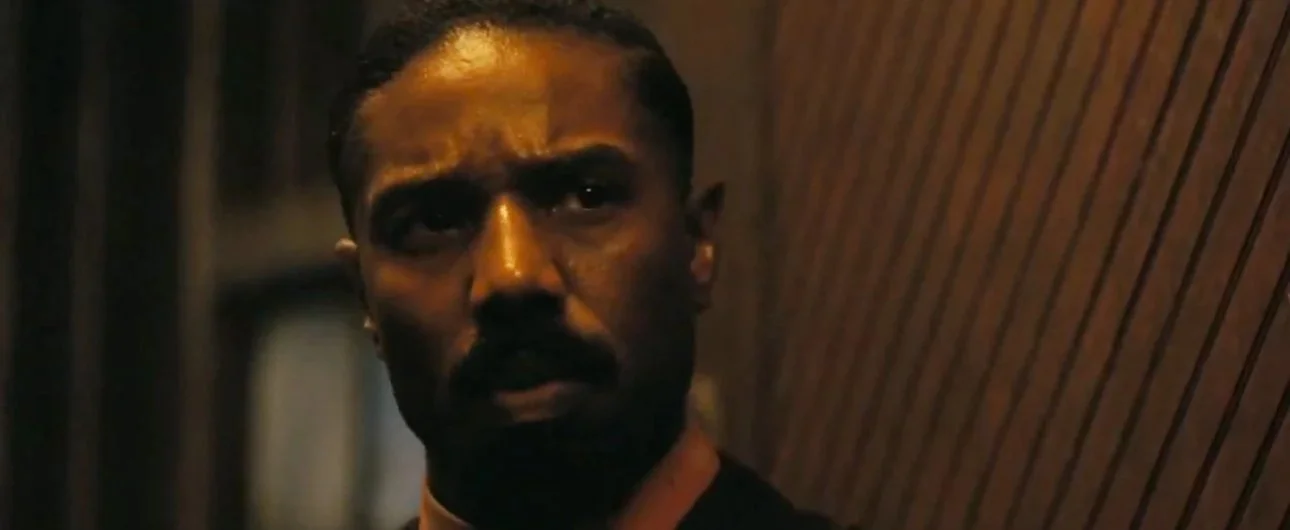I budged and rewatched Chloe Zhao’s “Nomadland.” The film won Best Picture during that surreal, and pandemic-inflicted, 2021 Oscars ceremony.
I get it, people were in a dire mood during the first year of the pandemic, and justifiably so. “Nomadland,” which won the Golden Lion at the Venice Film Festival, was only the Chinese-born Zhao’s third film. Its themes of isolation and finding your own place in life clicked with many critics, and, clearly, Oscar voters.
Much like her previous efforts, this was Zhao’s 21st-century depiction of Americana angst, mixing non-fiction and fiction filmmaking, influenced by Terrence Malick’s cinema. A painterly film, aided by Joshua James Richard’s magic-hour cinematography, “Nomadland” stars Frances McDormand as Fern, a widowed nomad with no interest in settling down, who constantly evolves from community to community in her rundown RV. Don’t call her homeless, she prefers to use the term “house-less,” moving from job to job, camp to camp, parking lot to parking lot, with no intention of settling down. Set in Obama’s America circa 2012, just four years after the recession hit, it depicts a country still struggling to get back to normalcy.
To nail the authenticity of this world, Zhao insisted on casting non-professional actors, actual nomads, and whether these non-actors knew who McDormand, a two-time Oscar winner, even was is still an open question. To this day, many of these “house-less” non-professional actors continue to live in the outskirts of society, plugged out of the currents and fully ingrained in their isolated habitat.
Driven by Ludovico Einaudi‘s piano score, “Nomadland” is a quietly somber look at a closed-off woman who refuses to change, and is resistant to any overtures, including a charming fellow nomad she bumps into every few months of the year — a wonderful supporting turn from David Straitharn. Even with an attraction to Fern, and not to mention his open invitation for stability and a home, he gets rejected by her. A creature of habit, Fern would rather have a hard life, filled with work and daily vagabonding.
You won’t find much plot in “Nomadland.” This was a statement about character, atmosphere, and mood, all wrapped up in a socially conscious and repetitive narrative. Using her mentor Malick’s filmmaking approach, Zhao worked almost entirely without a script, encouraging improvisation, seeking happy accidents, and even included non-professionals in the cast.
Upon rewatch, Nomadland’s flaws are even more apparent. It lacks the needed sketched traits to be the absorbing character study it purports to be. We never really get to know Fern that well to truly care about her plight. Instead, Zhao would rather immerse herself in unnecessary shots of sunsets, trees and peaks.
Zhao and Richards’ collaboration here could be viewed as an extension of a certain type of cinematic movement that was first initiated by Malick and cinematographer Emmanuel Lubezki — kickstarted with 2006’s “The New World” and later perfected with 2011’s “The Tree of Life.” The movement, often dubbed as “New Naturalism” filmmaking, is all about authenticity, and rhythmic, poetic editing used to rid the narrative of any sort of artifice.
And yet, Zhao’s film ends up being a case of style over substance. For such a grim subject matter, there isn’t any harshness in “Nomadland,” but rather a lot of sitting around campfires, singing and praising the road life. It ends up being more picturesque than realistic.
Zhao doesn’t depict any of the pent-up anger. The day-to-day struggle of safety, security, health, and food is replaced by pretty shots of nature. Her focus is, misguidingly, to nail the visual poetry. This means shooting at magic hour and using wide-angled lenses any chance she gets. Zhao’s long takes, purposeful moments of stillness and quietness, feel dated and not all that original. There’s a lot to admire, but not much that truly grips.






